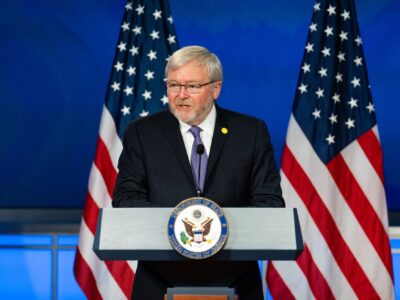In response to ongoing fuel shortages and a need to stabilize domestic markets, Russia has announced a six-month ban on petrol exports, effective from March 1. Despite being the world’s third-largest oil producer, Russia has faced intermittent fuel supply challenges since last summer, exacerbated by factors such as high demand and refinery repair works. The decision to restrict petrol exports is driven by the aim to ensure sufficient fuel availability within the country.
Background of Fuel Shortages:
Russia, renowned as a major player in the global oil industry, has grappled with fuel shortages since the previous summer. Factors contributing to this issue include surges in domestic demand and necessary maintenance on refineries. Wholesale gasoline prices have seen a notable increase since the beginning of the year, with additional pressures stemming from Ukrainian drone attacks on oil refineries.
Russia-Government’s Statement on Export Ban:
The Russian government formally announced the six-month ban on petrol exports through an official statement. The specified period, from March 1 to August 31, is strategically chosen to address challenges related to spring agricultural activities, the upcoming holiday season, and scheduled maintenance work on oil refineries. The primary objective is to maintain a stable situation in the domestic fuel market during these critical periods.
Impact of Export Restrictions:
The decision to curb petrol exports is multifaceted, aiming to alleviate fuel shortages during peak demand seasons. The restrictions come as Russia prepares for spring agricultural activities, a time when fuel usage typically surges. Additionally, scheduled repairs on oil refineries further underscore the need to secure adequate fuel supplies domestically. The Kremlin’s decision is also influenced by the upcoming elections, where President Vladimir Putin seeks to extend his political influence.

Previous Export Ban and Lessons Learned:
This isn’t the first time Russia has implemented export restrictions on petroleum products. Last year, a similar ban was imposed on diesel and petrol exports after farmers in certain regions struggled to harvest grain due to fuel shortages. The past experience likely informs the government’s current decision, emphasizing the importance of proactively managing fuel availability to support key sectors of the economy.
Addressing Security Concerns:
The rising wholesale gasoline prices and the impact of Ukrainian drone attacks on oil refineries have heightened security concerns in the energy sector. The export ban is a strategic move to safeguard domestic fuel supplies, ensuring resilience against potential disruptions caused by external factors, such as geopolitical tensions or unforeseen events.
Looking Ahead:
As Russia enforces the six-month ban on petrol exports, attention turns to the effectiveness of these measures in stabilizing the domestic fuel market. The decision reflects a balancing act, seeking to meet immediate demand while considering the long-term implications for both the economy and political landscape. Observers will closely monitor how the government navigates these challenges and whether this move contributes to sustained stability in Russia’s fuel sector.
Also Read
Ramadan 2024: Anticipating the Sighting of the Crescent Moon for Ramzan in India and Saudi Arabia



































